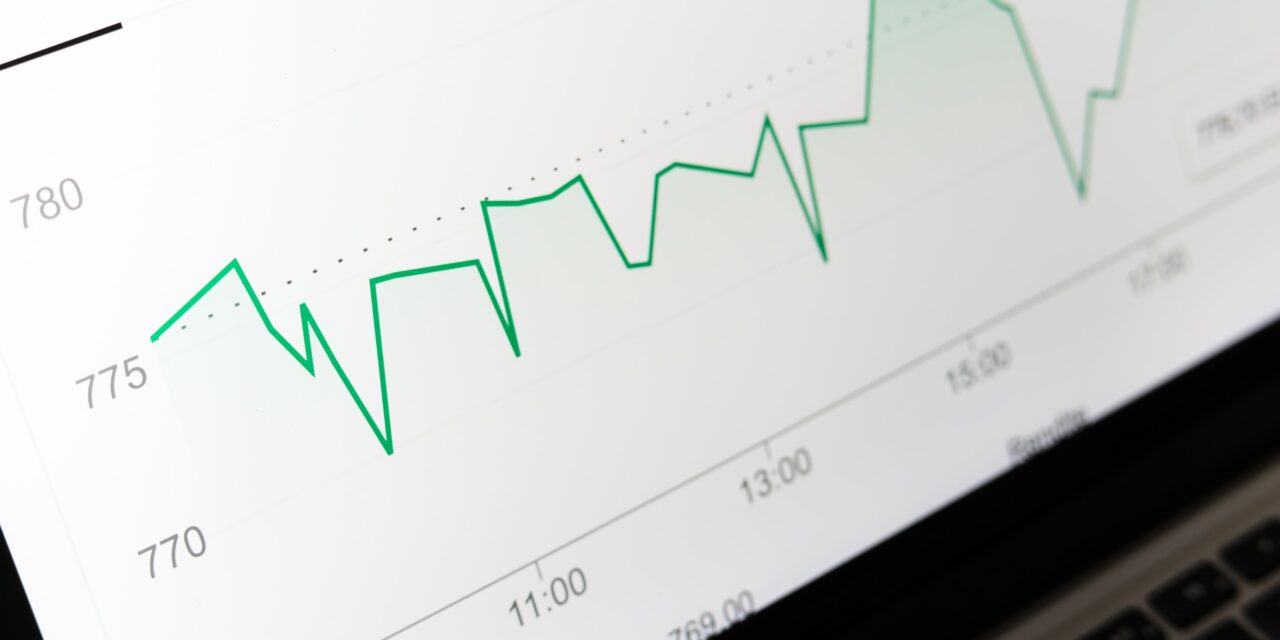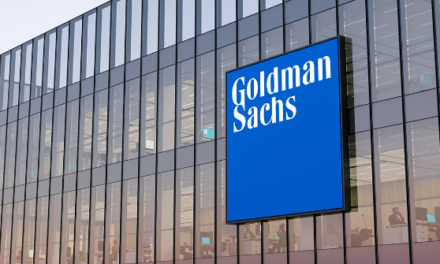Even as treasury yields were on an uptick and the dollar grew stronger, equities were plummeting all over the place thanks to a broad-based selloff resulting from an impending interest rate hike on the part of the US Federal Reserve.
The S&P 500 went down by more than 4%, while yield-sensitive stocks traded on the tech-centric Nasdaq 100 were seriously hit, resulting in losses of over 5%. This marks one of the worst single-day routs for both indices since 2020.
A key benchmark, the two-year treasury yield, went up by nearly 22 basis points, over 30 points higher than the ten-year rate. Critics opine that this could signify the coming of a recession as this indicator is the most sensitive to changes in financial policy.
Likewise, a report from the Labor Department released on September 13th showed that the consumer price index (CPI) was 0.1% higher than it was in July, with no changes from the previous month. The prices of basic commodities were also up by 8.3% from where they were at this point last year, and remain higher than the median estimate of 8.1%, showing a slight deceleration.
Meanwhile, the core CPI, which does not factor in the price of food products and energy, also registered substantial highs in recent days.
The Experts Weigh In
Several experts note that headline inflation appears to have peaked but caution that the Federal Reserve may need to continue raising interest rates until the situation has stabilized.
Principal Global Investors chief global strategist Seema Shah pointed out that core CPI continues to rise – a prime indicator that the country’s inflation woes aren’t over yet. Shah added that 70% of the sectors making up the CPI are experiencing an annual price hike of over 4% a month; until conditions can be settled by the Fed, pivots are out of the question.
For his part, Black Rock Inc.’s chief investment officer for global fixed income Rick Rieder believes that, while the Fed may possibly put the brakes on rate hikes by the end of the year, it would take longer if it reaches a restrictive policy stance on inflation.
Meanwhile, TS Lombard’s chief US economist Steven Blitz feels that there will be no soft landings if and when the inflation rate plummets. Even as core cost-of-living rates are falling, the US still faces rampant unemployment and a tight job market.














